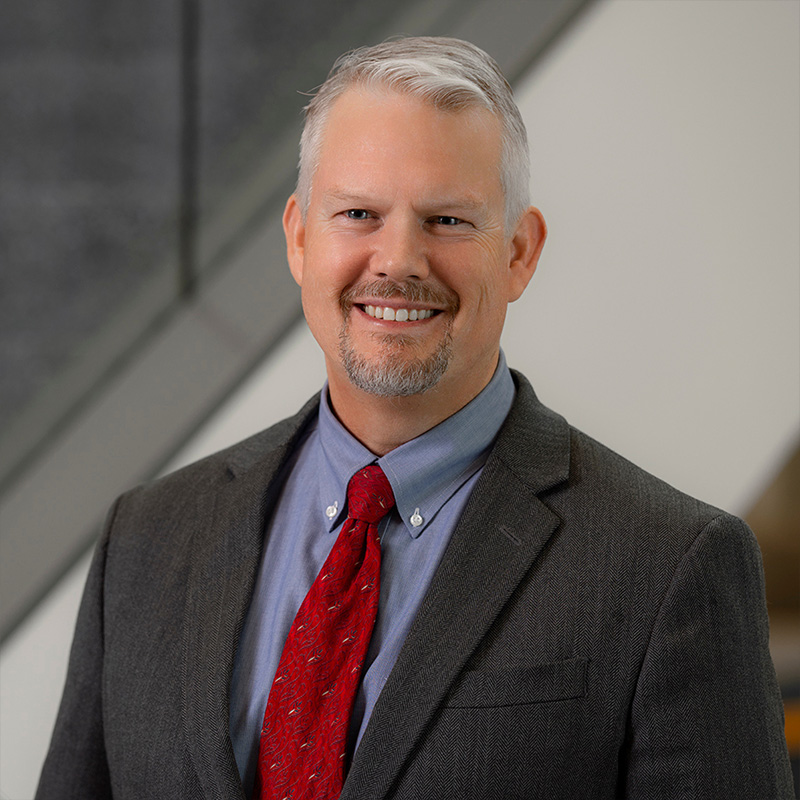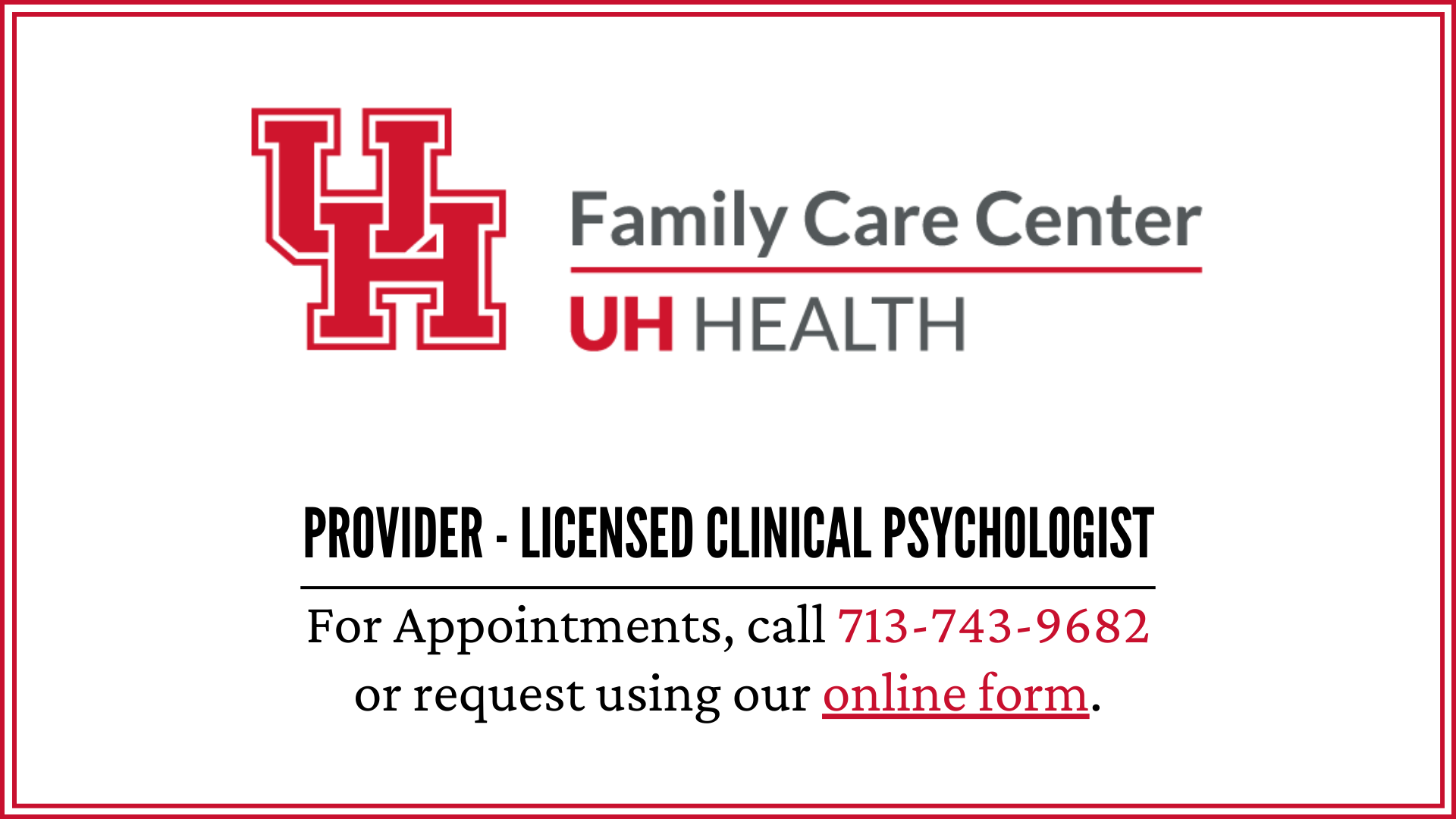BIOGRAPHY
David F. Curtis, Ph.D.
David Curtis, Ph.D., is a clinical associate professor in the Department of Behavioral and Social Sciences and chief behavioral health officer for the Tilman J. Fertitta Family College of Medicine.
He is responsible for developing an integrated behavioral health curriculum for undergraduate medical students and leading the development of an in-house federally qualified health center look-alike to serve as a community primary care clinic. He also leads a team of supervisors and cohorts of advanced graduate students in psychology and social work and provides direct teaching to and supervision of clinical workers.
A licensed psychologist, he specializes in working with children and families across primary care, outpatient, and school settings.
Previously, Curtis served as the director of psychology training at the University of Texas Dell Medical School. In this role, he was responsible for advanced practicum, doctoral internship, and postdoctoral fellowship training in psychology, clinical implementation of parent management training for children with disruptive behavior disorders, and curriculum development and instruction for the college.
He also served as behavioral health director at Austin Health Partners and led the pediatric primary care psychology and ADHD behavioral therapy programs at Baylor College of Medicine/Texas Children’s Hospital.
Winner of several funded awards, Curtis’s research focuses on improving behavioral interventions for children with disruptive behavior problems, primary care based behavioral health services and physician education, and reflective practices in clinical supervision and training.
Curtis earned a doctorate in counseling psychology from the University of Houston. His undergraduate degree in psychology is from Baylor University and his master’s degree in marriage and family therapy is from St. Mary’s University. He is a former Fulbright Scholar to New Zealand and was a postdoctoral fellow at the Harvard Medical School/Children’s Hospital in Boston.

